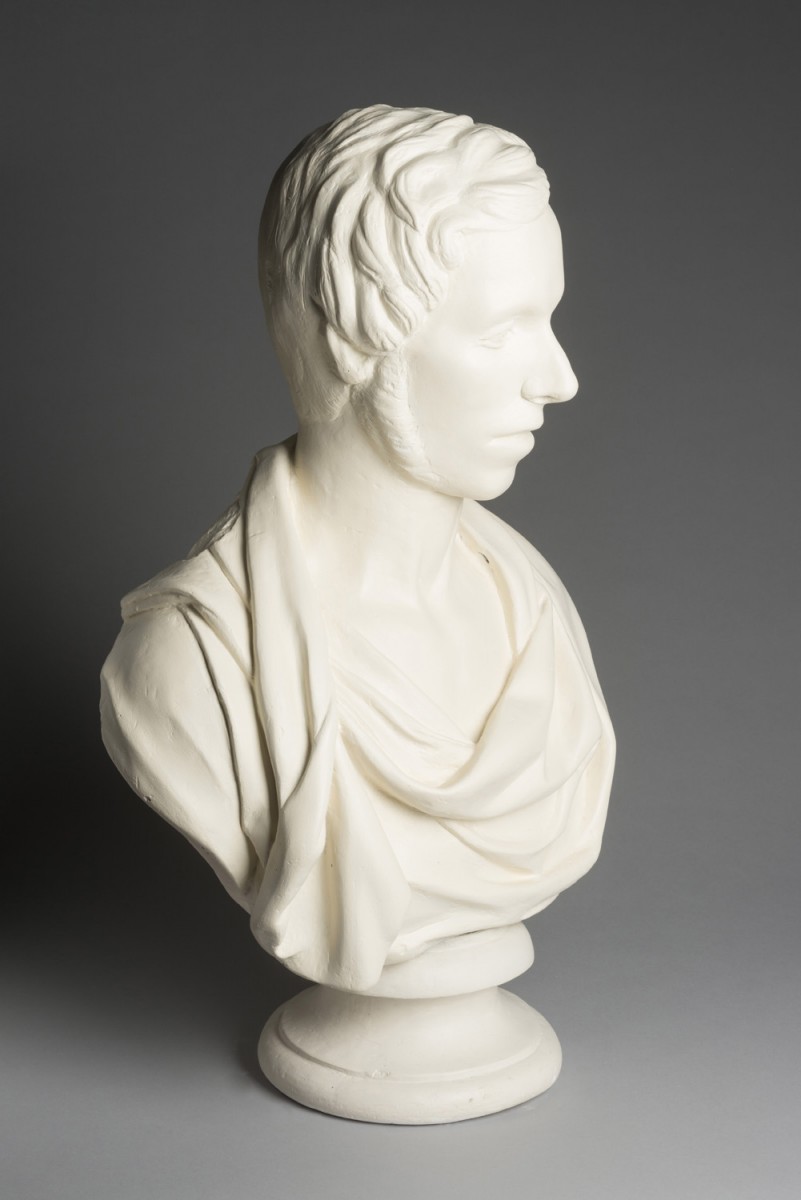The Chartist movement demanded the vote for the working man. The 1832 Reform Act had been a great disappointment, giving the vote only to men who owned property – We are still a long way from female suffrage at this time!
The Chartists organised themselves and sent petitions – or charters – to the government signed by hundreds of thousands of people but they were ignored. The movement split into those advocating violence and those who wanted to effect change by more peaceful means.
 Samuel Holberry was one of the leaders of the Chartist movement in Sheffield. They met regularly, holding large meetings – which frightened the authorities – and began to demand loudly that they deserved the vote and a secret ballot. In January 1840 Samuel Holberry was dragged from his bed in Eyre Lane and arrested. He was accused of organising a plot to take over the Town Hall with violence. Several of his associates were also arrested, some allegedly in the process of hiding weapons. They had been betrayed by a police informer.
Samuel Holberry was one of the leaders of the Chartist movement in Sheffield. They met regularly, holding large meetings – which frightened the authorities – and began to demand loudly that they deserved the vote and a secret ballot. In January 1840 Samuel Holberry was dragged from his bed in Eyre Lane and arrested. He was accused of organising a plot to take over the Town Hall with violence. Several of his associates were also arrested, some allegedly in the process of hiding weapons. They had been betrayed by a police informer.
At the trial, where Holberry was not allowed to offer any defence, he was found guilty and sentenced to four years in Northallerton House of Correction. There he was illegally made to work a treadmill and his health deteriorated. He was transferred to York Castle but he was already very ill. He died of consumption in June 1842.
The Chartists organised the funeral. Sheffield came to a standstill as shops were shut, and between 20,000 and 50,000 people lined the streets to see the funeral party go by. Contemporary newspaper accounts report people hanging from the trees to get a better look. The procession travelled from Attercliffe to the Cemetery. The cortege was led by a band of musicians playing hymns and the coffin was festooned with a large black banner, on one side of which read ‘Thou shalt do no murder’ and on the other ‘Vengeance is mine, and I will repay it, saith the Lord.’ This martyr’s funeral helped fix Holberry in the minds of Sheffield people as someone who fought for the rights of the ordinary man. He was seen as a hero at the time, and his legend endures with local landmarks and streets being named in his honour.



